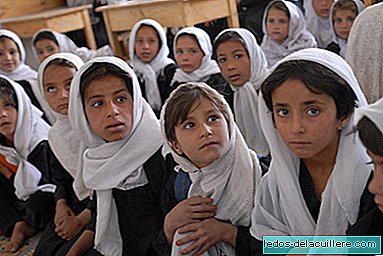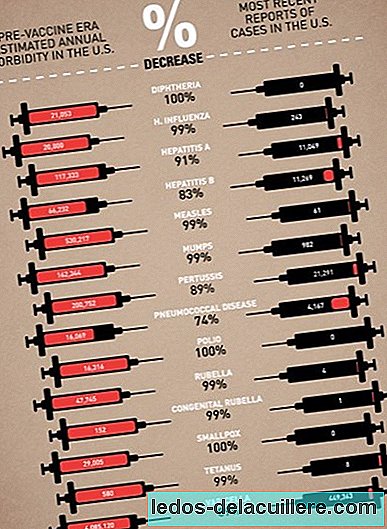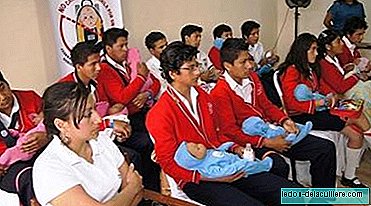
Before the Taliban came to power in Afghanistan (1996), women had a certain social position that allowed them to participate in the political or economic sphere. And although the literacy rate of women was low even before that date, there were female teachers, public officials, judges, poets or doctors (among other prominent professions).
Now many sources consider Afghanistan as the most dangerous country for women, taking into account several factors among which are violence (sexual or other types), health and economic discrimination, we know that until recently it occupied the place of 'worst country to be a mother'. In fact the violation is not punishable by law, it is hard to know but it is so.
When after the attack on the twin towers of 2001, the country was occupied by the United States, the Taliban domination (apparently) ended and an era of transition began that sought to protect the rights of the population and negotiate with the regime. Despite this we all know that some foci of fundamentalists have continued to fight to maintain their power.
Recently we have learned of a series of episodes that apparently are not so novel either: In recent months there have been poisonings in schools in the provinces of Takhar and Khost. Inductors may have been conservative radicals that oppose women receiving education. Up to 120 girls and three teachers were poisoned by air at Bibe Hajera High School in Talogan, and a figure of around 170 women and girls were ill after having drunk poisoned water. These events have happened during the months of April and May, but although it can be thought that only the rights of women are attacked (and it is mostly this way), there was also an episode after which 400 children had been intoxicated.
Observing the country from the outside I feel a sense of hopelessness on the one hand, and relief on the other (I will not deny it) to think that I was born in a place where mothers and babies have health care, and where we all have access to culture and the education. Among many Afghans the feeling must be very similar (as far as despair is concerned), or worse, because they are the ones who are suffering the consequences: first of the Taliban regime, after the war 'that seems not to end' in which They are immersed after the American intervention. And finally, if the national security forces are not responsible for the protection of civilians when US troops withdraw, the situation has not progressed too far.
Poison the air or water of the places where girls and boys study, cannot respond to anything other than attempted absolute domination. No one escapes that the 'knowledge makes us free', but attacking people who will be the future of the country seems to indicate that in Afghanistan there are those who would not want prosperity, but the imposition of a model based on submission and lack of personal freedoms
And from here that we are far (or not so much because between Madrid and Kabul there are a little more than 8150 kilometers) more cultural than geographically, we can not less than think of those girls who have been poisoned for learning. Unless this type of news does not go unnoticed.
Finally, I recommend you read 'The Secret School of Nasreen', a book we wrote about last year.












